Éloi Lefebvre and La Vallée de la Diable
It’s only natural to be interested in the people around us. Nowadays, communications are easy and sometimes even overwhelming. But it’s worth remembering that not so long ago, having a telephone in the house was a luxury and the local newspaper was almost the only way – other than rumours and gossip – to learn of events happening in the community.
Éloi Lefebvre, founder of the newspaper called La Vallée de la Diable, was born on April 30 in Orléans, Ontario. His father, Adrien Lefebvre, blacksmith, and his mother, Flore Dufresne, raised a family of nine children; Eloi was the fifth.
He only left Ontario when he was called up for military service in the Second World War. He was with the Royal Canadian Air Force. Based in Baltimore, Maryland, he distributed the propaganda leaflets to inform Americans about just what was actually happening in Europe. Again, communications being what they were, throwing pamphlets out of highflying planes was a simple way to reach as many people as possible. Maybe that’s when he discovered the importance of information.
It was on that military base that he met the future mother of his five children. He married Lucette Lefebvre on January 24, 1941, and she returned to Montreal to give birth to their first son, Michel.
When Éloi had completed his patriotic duty, his father retired and settled in Saint-Jovite. Upon Éloi’s return to civilian life, he and Lucette came to join Éloi’s father. It was here that Marc, Luc, Linda and Yves were born.
On October 19, 1950, Éloi opened a tobacco store called Saint-Jovite Cut Rate. You could get tobacco products there, of course, but also newspapers, magazines and candies, and always at the best prices. The premises also housed La Vallée de La Diable, the local paper that covered the Upper Laurentians.
It came out once a month, so Éloi had time to collect information that would be of regional interest. From his desk behind the counter, he could gather all the hot news peddled by the many tobacco customers. Whether the news was a big fish, a wedding, politician’s promises…he could recount everything.
Éloi also had a very specific way to gather news. He had three important sources: Hôtel Saint-Jovite, Chez Papoose and Hôtel Chez Soi at lac Mercier. It probably doesn‘t have to be mentioned that Éloi was a pleasant businessman, or that he was courageous and engaged.
He worked as the interim pharmacist in the basement of Saint-Paul’s hospital (now Sushi Shack) for doctors Marc Ouimet and Raymond Dupré. He was also a political organizer at the federal level, and shareholder and co-founder with Léo Samson of the Mont-Tremblant race track “le Circuit”.
Like my father and his friends born in the area, Éloi loved nature and was part of the group that founded the hunting and fishing club La Sauteuse on the Lac-de-la-Maison-de-Pierre land. The hunting expeditions were also a source of various stories for the paper.
Early in the ‘50s, Éloi was one of the rare residents of Saint-Jovite who owned a television. At that time, my parents and I lived full-time on Mont Tremblant’s North Side. Every Friday, we would leave the North Side and take the only road to Saint-Jovite, via Lac Supérieur. My mother came to do her errands: Richer for groceries, the Grignon drugstore and clothing from Joe Siméon.
During that time, my father and I would go to Éloi’s place to watch boxing on ABC. We supported our heroes such as Joe Louis, Archie Moore, Rocky Marciano and George Chuvalo – a Friday ritual that was very important to me.
Later, he was also a commissioner of the superior court of the district of Terrebonne (which stretched, at the time, from Saint-Jérôme to Mont-Laurier). He also contributed to many organizations such as the Canadian Cancer Society, among others.
According to his son Marc, Éloi knew how to make the most of his allotted time. He shared it among his family, his work, his friends and the community. He came from outside this region, but integrated easily into our community. When he died, in February 1974, he left a legacy of the story of the daily life of the people of our part of the country.
Unquestionably, Éloi Lefebvre was an exceptional man.
More from this author by clicking on his photo below.

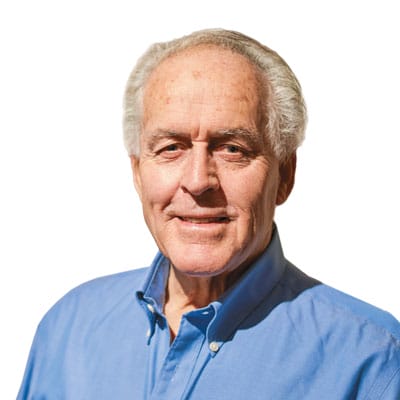
Peter Duncan121 Posts
Membre de l’équipe canadienne de ski alpin de 1960 à 1971, skieur professionnel de 1971 à 1979 et champion américain en 1965, Peter Duncan a participé aux Jeux olympiques de 1964 à Innsbruck ainsi qu’à ceux de 1968 à Grenoble. Intronisé au Temple de la renommée du ski au Canada, au Panthéon des sports du Québec et récipiendaire de la médaille du gouverneur général, Peter a longtemps été commentateur de ski à la télévision./ Peter Duncan is a Canadian former alpine skier who competed in the 1964 and the 1968 Winter Olympics. He was named to the Canadian National Alpine Team in 1960 at the age of 16 and competed at the national level for the next 10-years until 1970 before retiring.
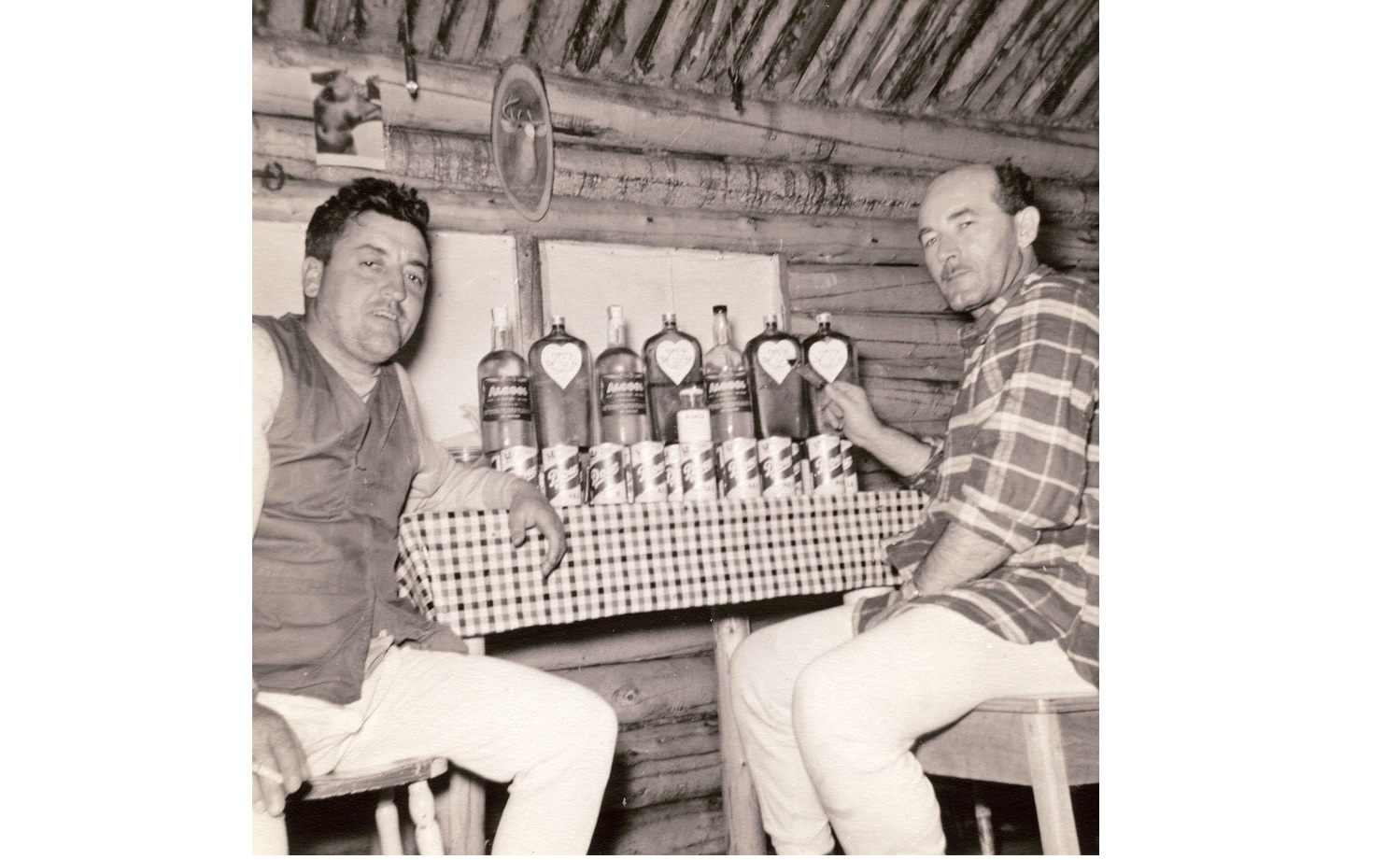
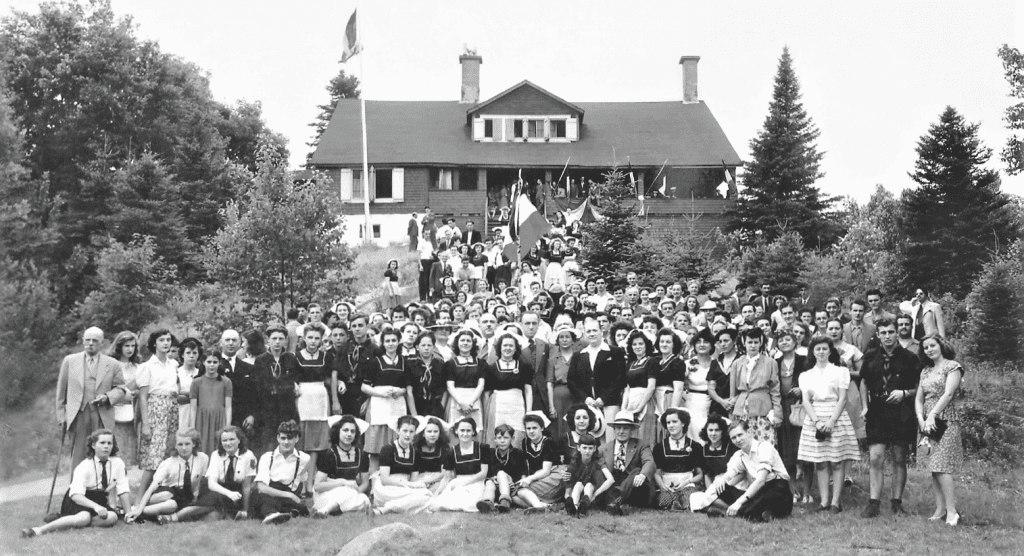
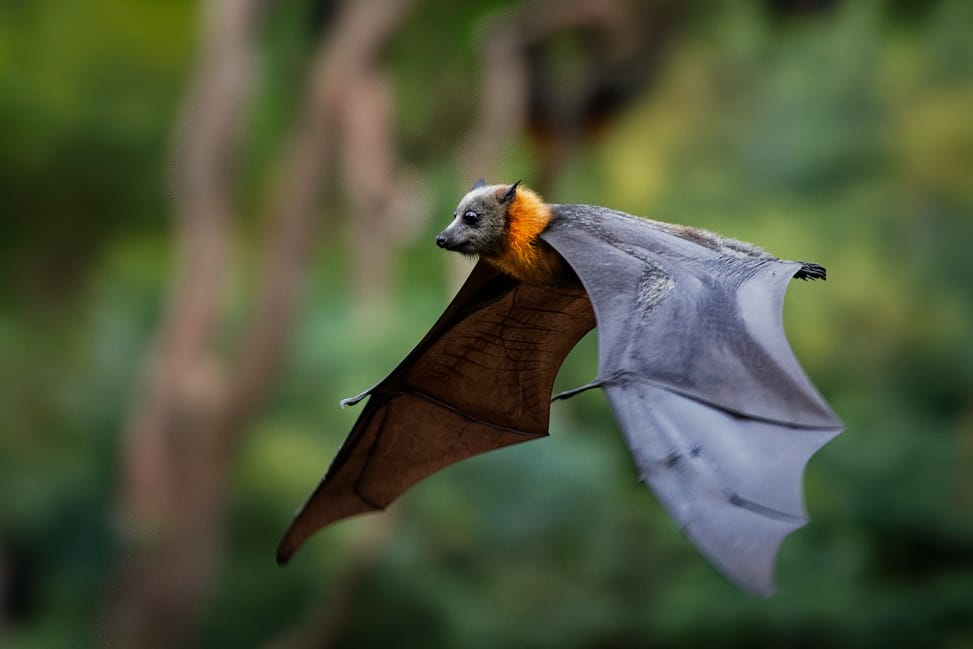
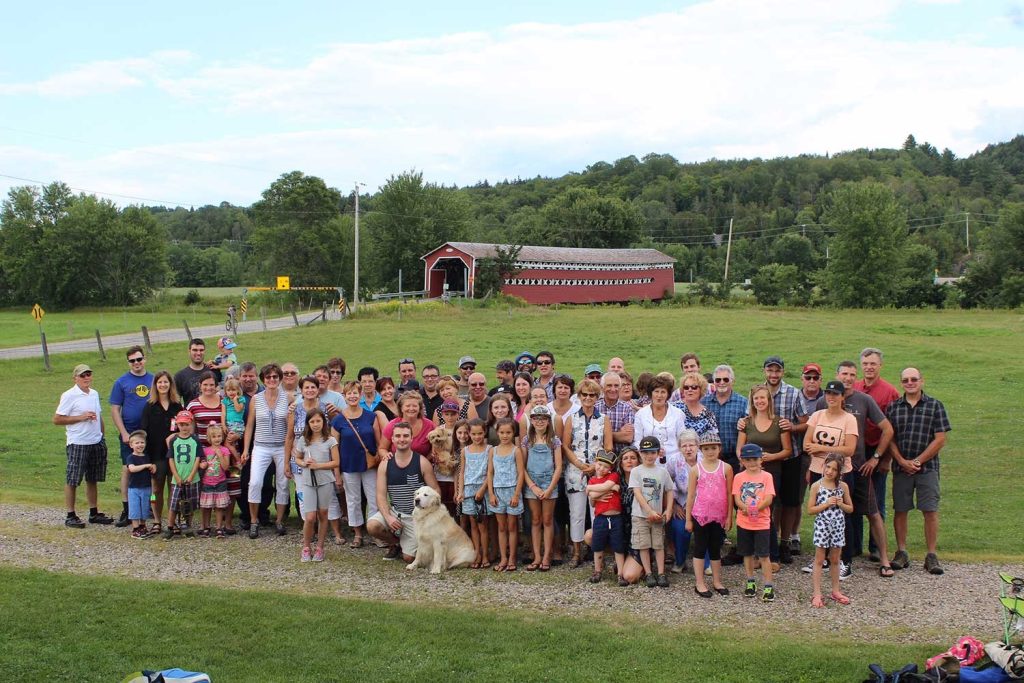
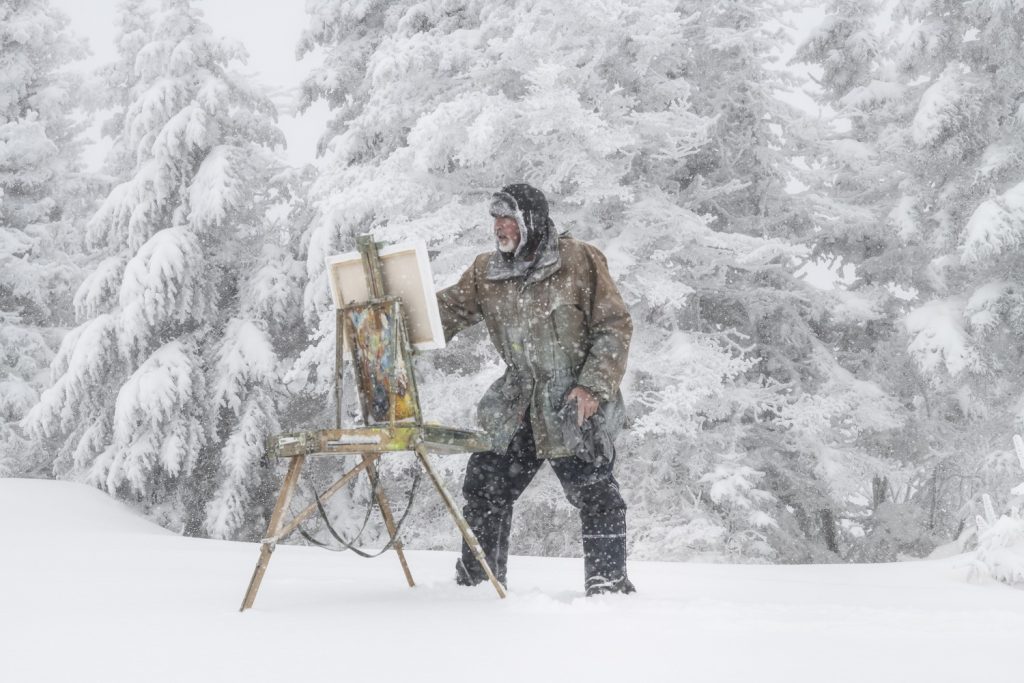
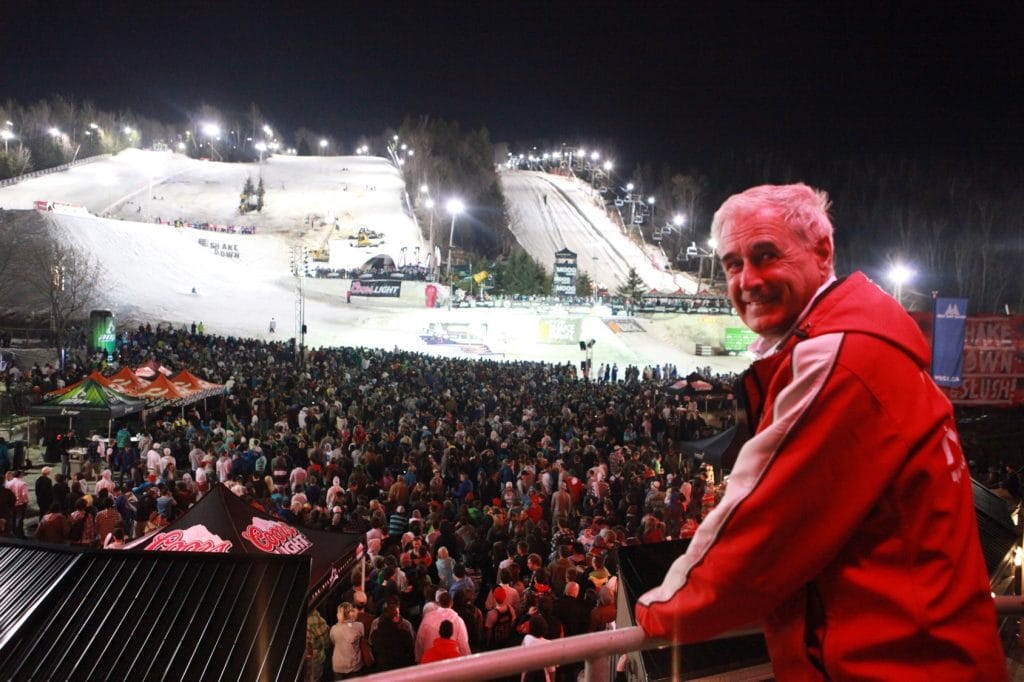
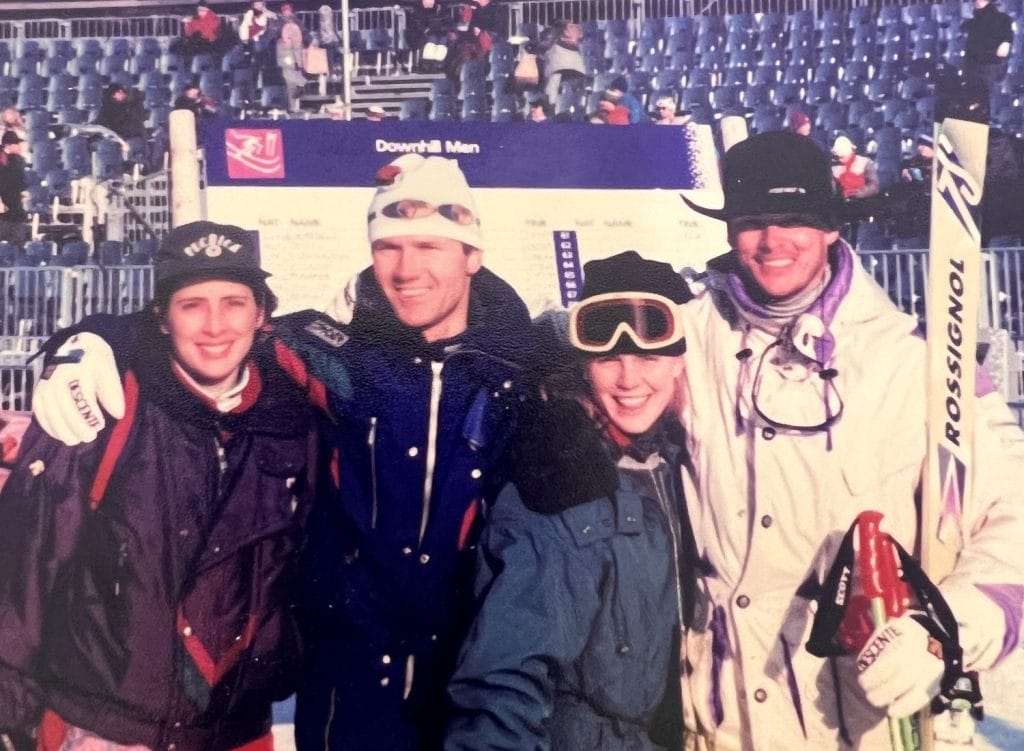
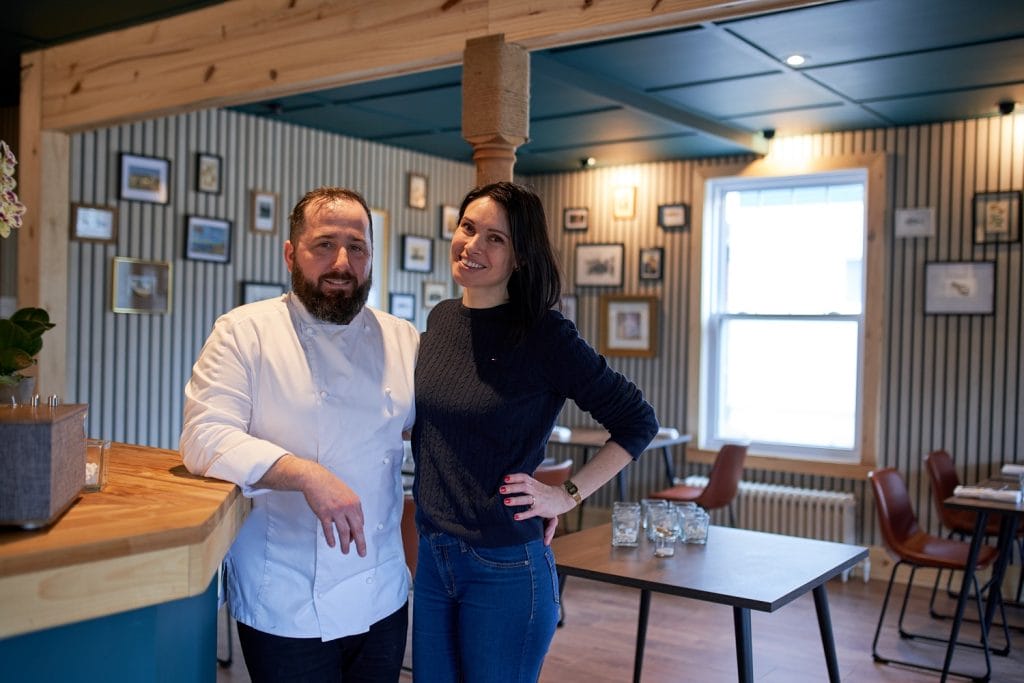
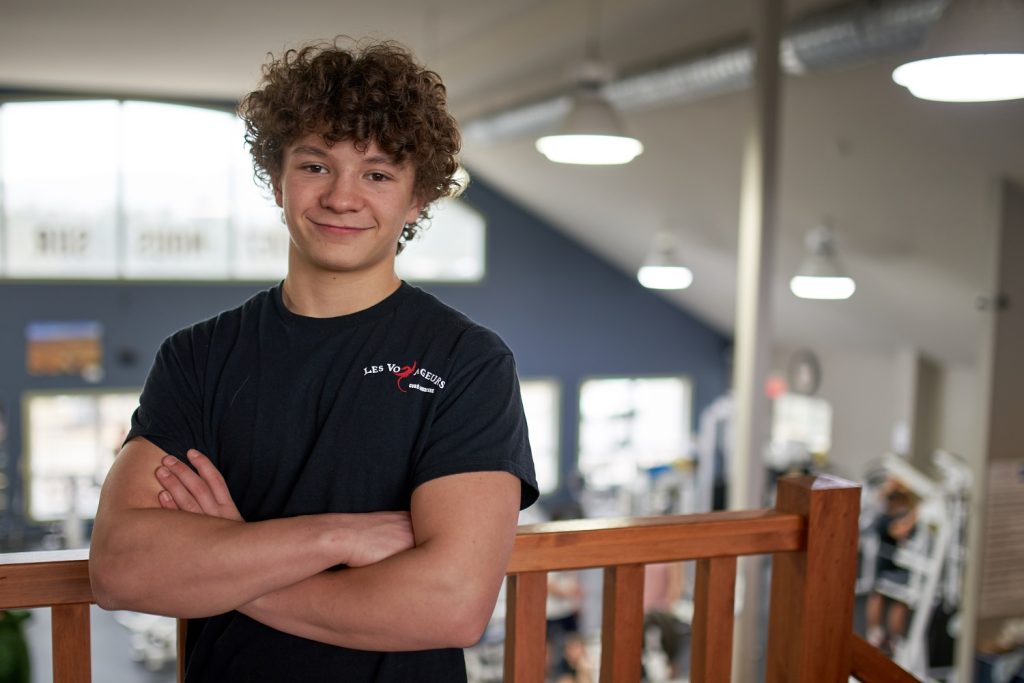
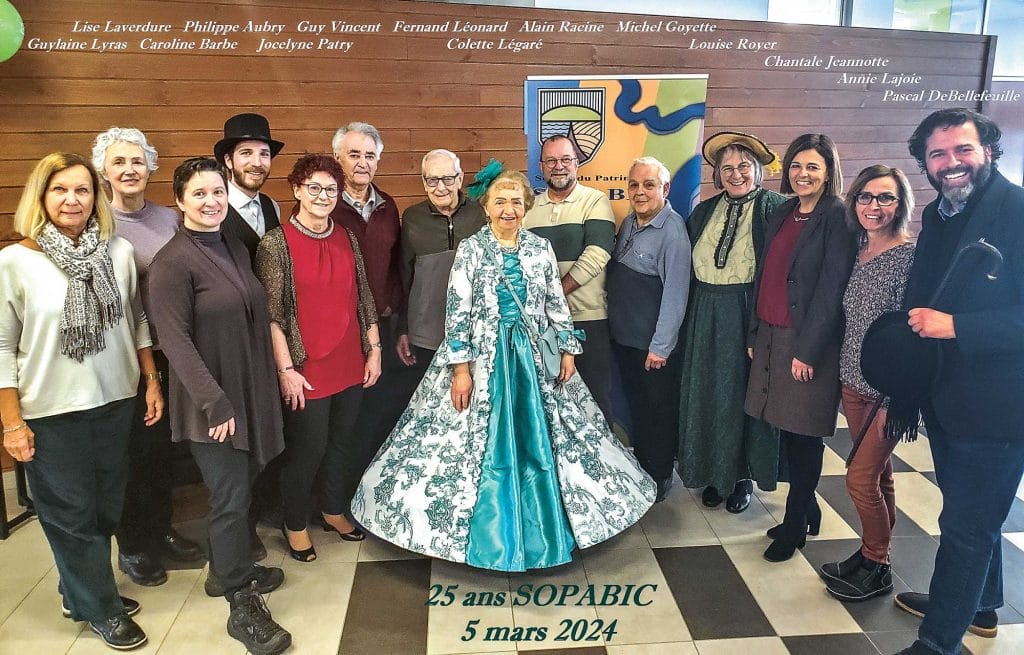
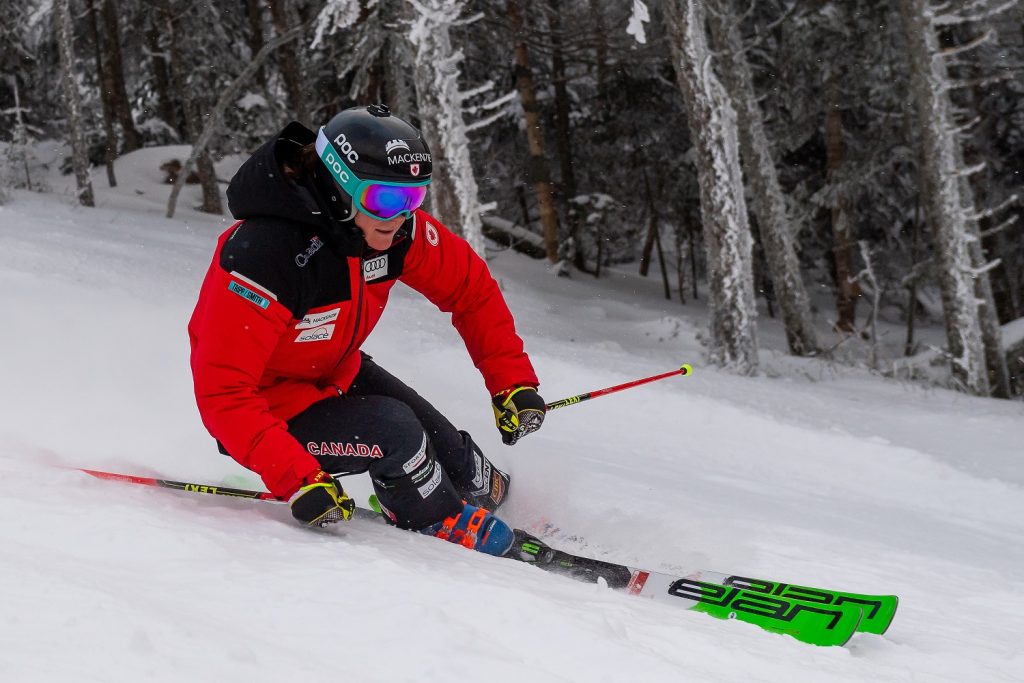
0 Comments